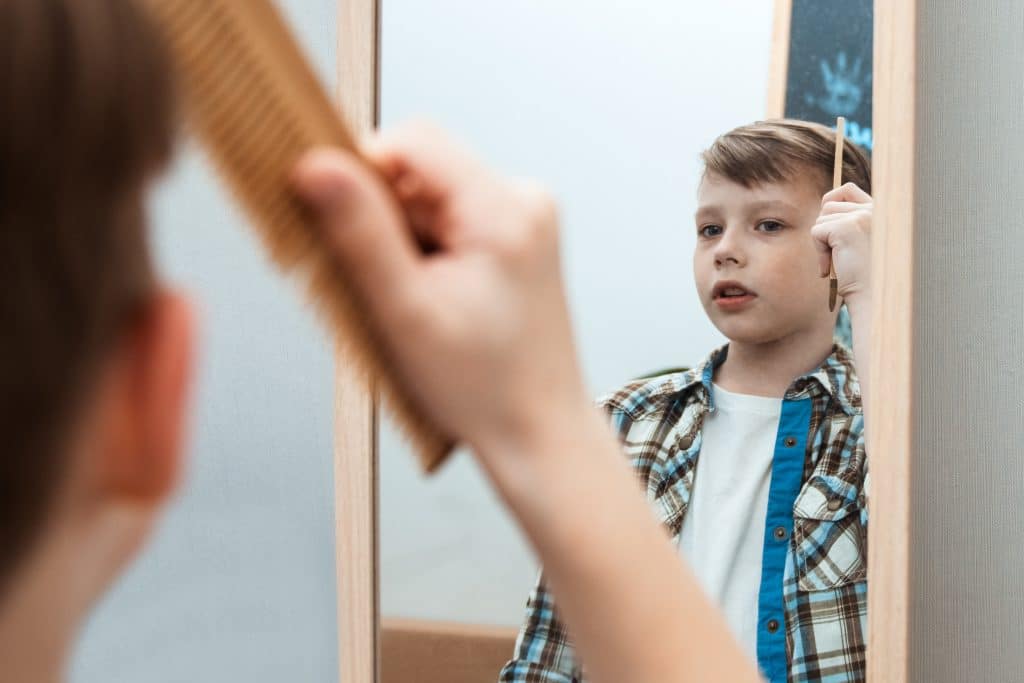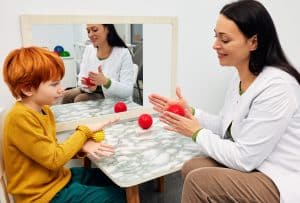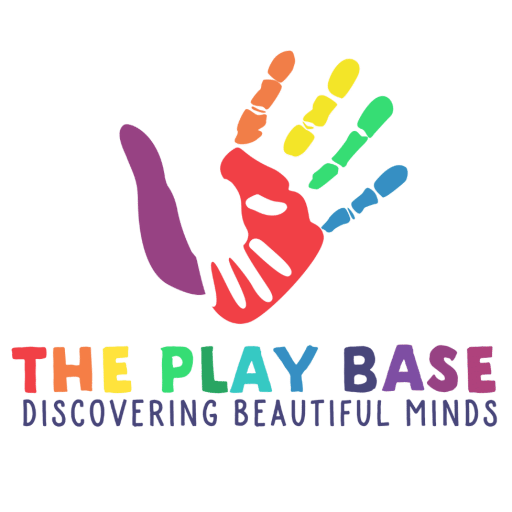Daily living skills are the building blocks of independence. From brushing teeth to preparing a meal, these skills allow children and adults to care for themselves and participate fully in daily routines. For individuals with autism or developmental delays, mastering these tasks may not come easily. That’s where ABA Therapy daily living skills training can make a big difference.
Frances Fishman, founder and owner of The Play Base, explains:
“When we teach daily living skills through ABA therapy, we break each step into manageable parts. This gives children and adults the confidence to build independence in a way that feels natural and achievable.”
How ABA Therapy Builds Daily Living Skills for Children and Adults
ABA therapy focuses on teaching practical skills in small, structured steps. Therapists use prompts, modeling, and positive reinforcement to help clients learn everything from self-care routines to household chores.
These skills include:
- Personal hygiene (toothbrushing, bathing, dressing)
- Mealtime routines (using utensils, preparing snacks, cleaning up)
- Household tasks (laundry, making the bed, organizing belongings)
- Community skills (shopping, ordering food, using public transportation)
Independent Living Through ABA Therapy: Functional Skills Explained
Independent living ABA therapy is about more than just teaching tasks—it’s about building confidence and problem-solving. Functional skills training ensures clients can apply what they learn at home, school, and in the community.
Therapists adapt lessons to fit the client’s age, abilities, and environment. For example, a child may learn how to put away toys, while a teenager may focus on managing personal hygiene or practicing cooking skills.
Mastering Self-Care Routines with ABA Therapy Support
Self-care routines are often the first step in promoting independence. With ABA self-care skills training, children and adults gain the ability to:
- Brush teeth and hair independently
- Wash hands and face correctly
- Dress themselves with minimal help
- Use the bathroom with confidence
Frances Fishman adds:
“Parents are often amazed when their child can suddenly complete a routine they struggled with for years. The key is consistency and tailoring each routine to the child’s unique needs.”
How Functional Skills Training in ABA Therapy Boosts Independence
Functional skills ABA therapy services go beyond basic routines to teach problem-solving in real-life situations. Clients may learn how to:
- Follow a daily schedule
- Make choices independently
- Ask for help when needed
- Handle unexpected changes in routines
This type of coaching not only reduces reliance on caregivers but also improves quality of life for the whole family.
Daily Living Skills in ABA Therapy: Helping Clients Live More Independently
Learning daily living skills is not just about doing tasks—it’s about building confidence. When clients master these skills, they feel more capable, independent, and included. Families also see the benefit of reduced stress and greater flexibility at home.
If you’re considering support, ask about:
- ABA therapy daily living skills programs
- In-home ABA daily living skills training for natural settings
- Life skills ABA therapy providers that specialize in functional independence
Building Confidence with ABA Therapy: From Hygiene to Household Tasks
Step-by-step teaching and positive reinforcement help children and adults move from needing assistance to handling tasks on their own. As progress builds, so does confidence. With the right support, simple activities like setting the table or putting away laundry become opportunities to succeed and grow.
Teaching Self-Care Routines: ABA Therapy Strategies That Work
Some proven strategies include:
- Task analysis: breaking a skill into small steps
- Prompting: guiding through actions until independence is reached
- Reinforcement: celebrating every success, no matter how small
- Generalization: practicing skills in different environments for lasting results
Frances Fishman shares:
“Independence doesn’t happen overnight. With patience, structure, and encouragement, we see children and adults achieve things their families never thought possible.”
Take the Next Step
At The Play Base, our team is here to help your child or loved one build the skills they need to live more independently. Whether it’s self-care routines, ABA therapy support or functional skills coaching, we create personalized programs that fit your family’s needs.
Contact The Play Base today to learn more about our ABA therapy daily living skills programs and how we can support your journey toward independence.









